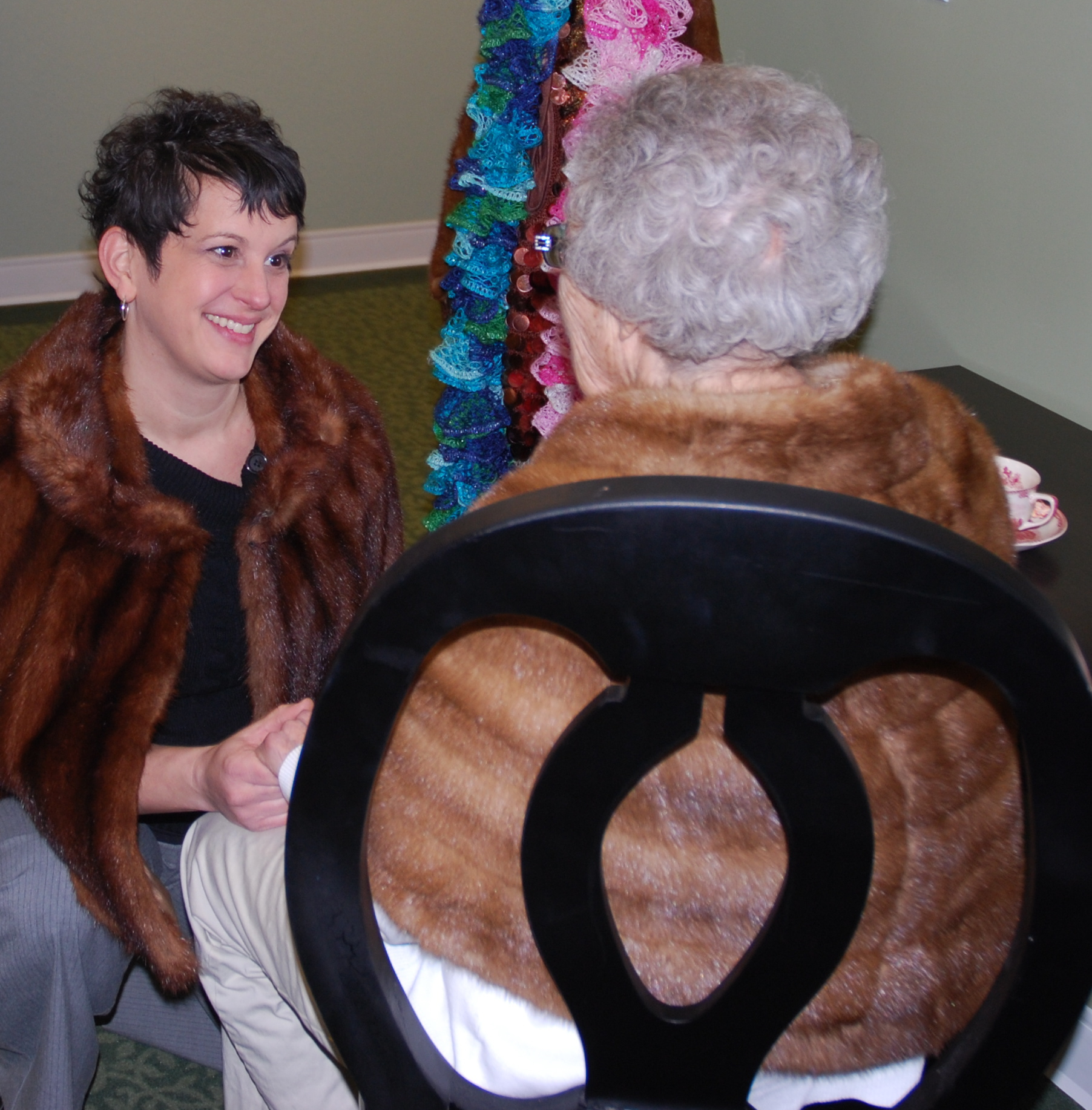Social Wellness: Benefits for Seniors with Alzheimer’s and Dementia
by Mandy Otto
July is Social Wellness Awareness Month. Social wellness is defined as nurturing yourself by building healthy, supportive relationships with others. Making genuine connections with those around you is critical to physical and psychological health.
Research shows that the physical risks of being socially isolated are comparable to the risks associated with heart disease, cigarette smoking, high blood pressure, and obesity. However, for people with healthy relationships, their heart and blood pressure respond better to stress. Having a healthy social network can also enhance the immune system’s ability to fight off infectious diseases and speed healing. Maintaining relationships—giving and receiving emotional support—ensures that you have a network of friends, family, and others to turn to in times of need. Why is social wellness important for those with dementia-related diseases and their caregivers?
Benefits of Social Wellness for Memory Care
Perhaps a friend or loved one has displayed intermittent symptoms of mild cognitive decline such as forgetfulness, difficulty driving, word searching, or trouble concentrating and problem solving. Having a group of close friends or family members may help them maintain their independence and adjust to their changing needs. If you’re a caregiver, being able to discuss your concerns with others can provide you with a broader perspective and, perhaps, helpful resources.
In early-stage dementia or Alzheimer’s disease, signs of mental impairment begin to become more visible. It’s not unusual for the person affected by the disease to become moody, to express negative emotions (e.g., anger, frustration, anxiety, depression), or to withdraw socially. A study published in the American Journal of Geriatric Psychiatry (James & Burke, 2011) found that seniors who were housebound or socially isolated were not only more likely to develop Alzheimer’s disease, but they experienced more rapid cognitive decline than seniors who got out and interacted more with others. According to lead author Bryan D. James, “People who don’t leave their home as much aren’t engaging with their environment and meeting new people. They may not be using their minds as much.” The study does not conclude that social isolation causes Alzheimer’s or dementia; however, it does indicate a potential connection between social isolation and the development of cognitive decline and Alzheimer’s. Social wellness involves being present as the friend, colleague, or loved one learns to navigate the impact of the physical, emotional, and cognitive changes as they occur. It also involves encouraging a loved one’s continued interaction with others.
With the rise in the number of Alzheimer’s cases (68 percent from 2000–2010, according to the Alzheimer’s Association), it’s more important than ever to practice the tenets of social wellness by having a number of good friends and an active social life.
At Cambrian Senior Living, with locations in Tecumseh and South Lyon, Michigan, seniors are given many opportunities to engage in social wellness. We offer many programs throughout the day to nourish the mind, body, and soul. Please see our dynamic programming calendar available on our website. If you’d like to learn more about living life to its fullest, and Cambrian’s daily promotion of wellness, contact Laura Beyer at 517-423-5300, or check us out at www.CambrianSeniorLiving.com.
Categorized in: blog-news, Uncategorized





Comments are closed here.